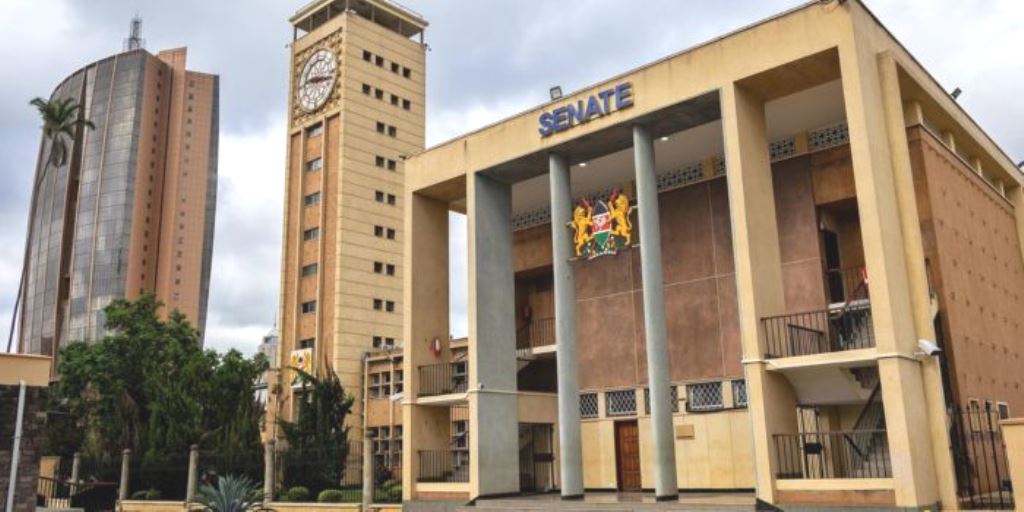The association is worried that the forthcoming national examinations might not run smoothly as many learners in areas affected by drought and hunger have dropped out of school.
By Hezron Roy
Kenya Primary School Heads Association (KEPSHA) has urged the government to come up with urgent mitigation measures to ensure candidates dropping out of school due to hunger return to school in good time for national examinations.
The Association’s national chairman and head teacher at Donholm Primary School Johnson Nzioka told Education News that it will be difficult for candidates who dropped out of school due to huger to return to school if food is not provided in schools to attract them.
In line with this, he urged Parliament to treat with urgency the motion on school feeding programme stating that it will improve on the retention rates, especially in public primary schools.
“I hope Parliament will come up with a small mitigation measure to ensure the exams run smoothly,” said Nzioka.
He said schools in arid zones like North Eastern are virtually empty and that since everybody understands the effects of drought in the area, they should move fast and prioritize the matter.
According to Nzioka, the government should take up the role of feeding the children in public primary schools to make the 100 per cent transition policy and retention rates a reality.
He observed that the school feeding programme being undertaken by county governments only targets children in Early Childhood and Development Education (ECDE) centres.
Schools in arid regions of Central and Northern Kenya are recording high numbers of absenteeism due to famine, with learners seeking transfers to institutions with feeding programmes.
Many schools in parts of Laikipia, Meru and Isiolo counties, which have not received food, have reported mass dropouts, with some only attending morning lessons.
The motion on development of a School Feeding Policy, which is being moved by the Kakamega County MP Elsie Muhanda, was introduced to the National Assembly on October 25, 2022.
Muhanda wants the Ministry of Education (MoE), through the State Department of Early Learning and Basic Education, to develop and sustain a school feeding policy to cover learners in both primary and secondary schools.
“This House therefore resolves that the Ministry of Education, through the relevant State Department, immediately develops a school feeding policy to cover basic education pupils and sustain the programme in order to ensure that children are in schools for effective learning and to improve their well-being,” reads the National Assembly’s Order Paper of October 25, 2022.
According to Muhanda, school meals have multiple benefits, such as increased school enrolments and attendance, as well as a significant contribution to hunger reduction and nutrition improvement.
She is also concerned that feeding is not supported by a clear policy and budgetary framework, and does not support pupils in primary and secondary schools, which form the basic education ecosystem.
Although the government assumed full funding of the programme in October 2018, the World Food Programme (WFP) continues to provide capacity development support for both national and county governments to strengthen its implementation.
Since the 1980s, school meals in Kenya have been the joint responsibility of WFP and the MoE.
The schools meals programme targets 2.5 million learners in primary schools in 66 sub-counties, mainly in Arid and Semi-Arid Lands (ASAL) and informal urban settlements.
Kenya launched a homegrown school meals programme in 2009 to feed over half a million children, where Treasury disburses cash to schools to buy food from the local markets. The model has boosted not only school attendance but also local economies and agricultural production.
This is expected to rise when the new government makes good its promise to raise the number of beneficiaries to four million, and further to 8 million by providing conditional grants to county governments.





